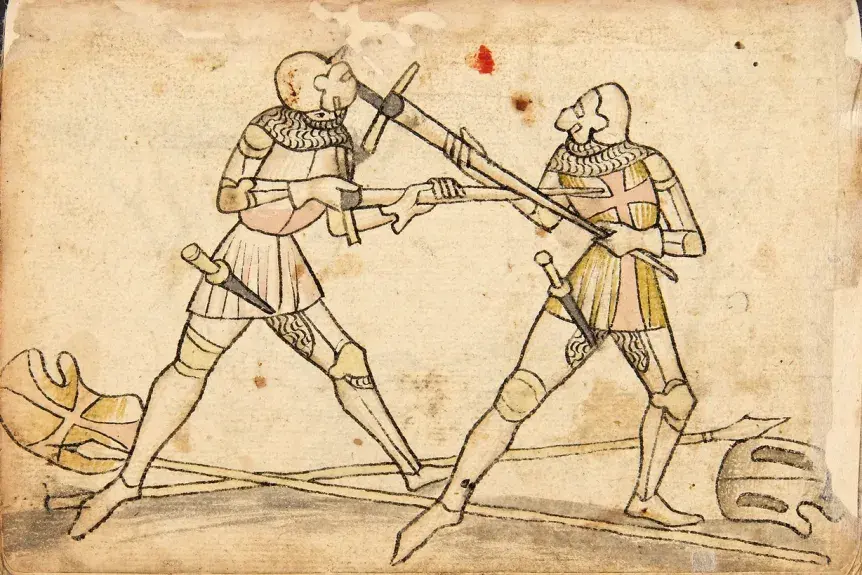Image de couverture

Conférence
Maurizio Meloni
Patterns of Othering in European Thought 2: Norbert Elias, Michel Foucault and the 'barbarians'
The lecture focuses on the unquestioned philosophy of history and empirical grounds of Elias’ and Foucault’s work. It will address respectively Elias’ representation of medieval times as one of spontaneous and uncontrolled emotions, and Foucault’s understanding of the Christian pastorate as an Oriental invention ‘alien’ from technologies of power in the Graeco-Roman city. Despite their differences, both narratives reproduce strong binaries (premodern-modern; Greece-Christianity) and fit well with the modernist myth of a uniqueness of European rationality after a certain threshold of modernity. I analyze in details the empirical sources for Elias’s argument about a civilizing process and Foucault’s birth of biopolitics. For the former, it is the construction of a violent, wild and “primitivized” Medieval period framed in a colonial fashion. For Foucault, it is a deeply ideological understanding of Greece as utterly separated from its Oriental and African roots and the advent of Christianity as a major break, from the East Mediterranean. According to Foucault's story, by merging these two alien models western modernity represents a historical break which features uniquely "demonic" traits when it comes to (bio)power. Bringing together recent historical scholarship on a) the history of civil organization, public health, punishment and emotions in the Middle Ages, and b) the complex circulation of pastoral tropes and models of public care in the Mediterranean area and the Middle east, I suggest a less fractured view and more granular view that replaces modern/premodern, Western/Eastern binaries with a longue durée view based on global efflorescences (see Meloni and Bashirov, 2023).